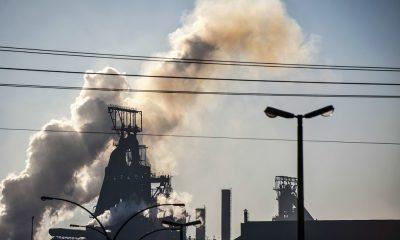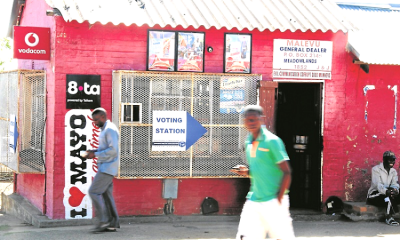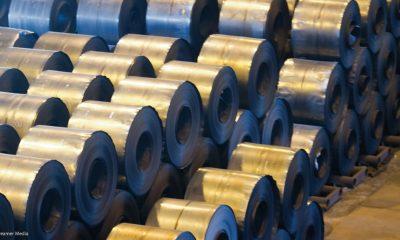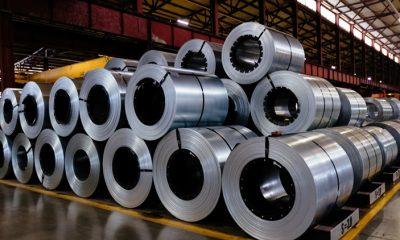Business
ArcelorMittal South Africa’s Long Steel Business Wind-Down: DTIC Commits to Resolving Sector Challenges
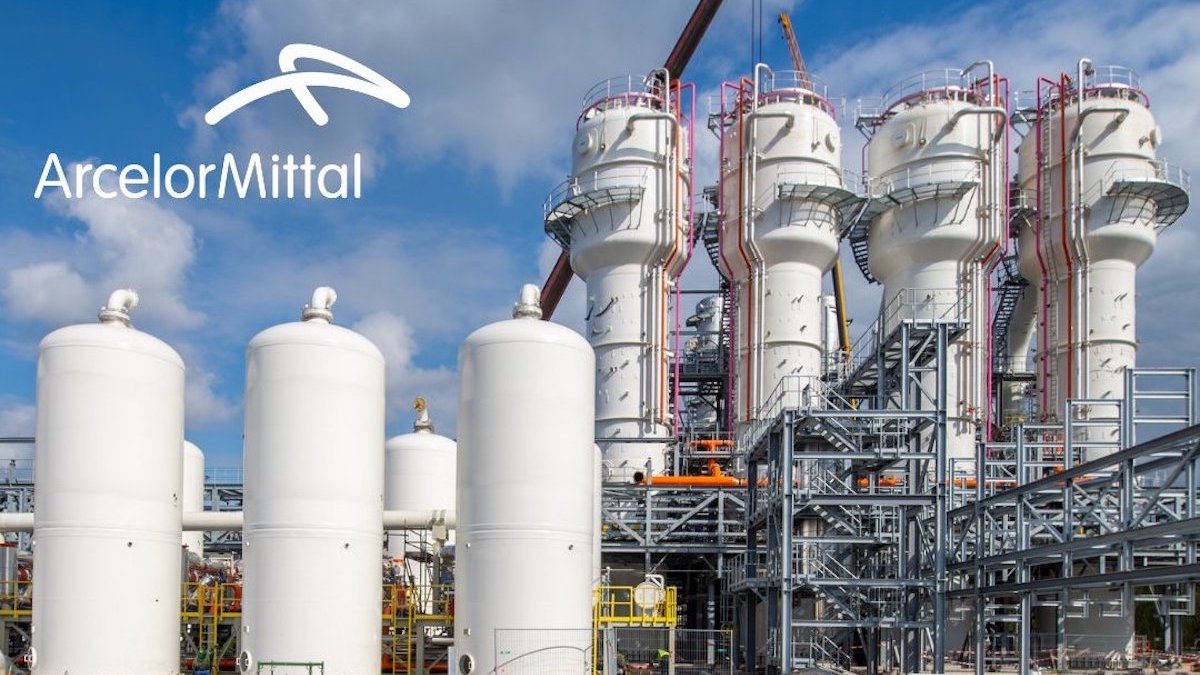
The Department of Trade, Industry and Competition (DTIC) has expressed concern following ArcelorMittal South Africa’s (AMSA) announcement to wind down its longs steel business at its Newcastle plant. The steel industry plays a vital role in South Africa’s economic recovery, particularly in sectors like manufacturing, mining, construction, engineering, and transportation. This decision has drawn attention to the broader challenges facing the industry.
In a statement, the DTIC emphasized the importance of the steel sector within South Africa’s industrialisation, localisation, and beneficiation programmes. The department acknowledged AMSA’s struggle due to weak economic growth, high logistics and energy costs, and the impact of low-cost steel imports, especially from China. The influx of these imports, combined with high operating costs, has significantly strained AMSA’s ability to maintain sustainable operations at its Newcastle plant.
Government’s Response to AMSA’s Struggles
Throughout 2024, AMSA sought assistance from various government departments and state-owned entities, requesting concessions to support the business. In response, the Minister of the DTIC established a technical working group composed of relevant stakeholders, including AMSA, the departments of Electricity and Energy, Transport, Eskom, Transnet, and private sector partners.
This group held regular meetings throughout the year to discuss potential solutions, but AMSA’s decision to wind down the long steel business signals that these discussions have not led to a viable resolution. Despite extensive consultations, AMSA cited insufficient policy interventions, particularly regarding the Price Preference System (PPS) and export scrap tax, as critical factors behind the decline in the Newcastle Works’ viability.
A Shift Toward Care and Maintenance
AMSA has confirmed that the longs steel business will enter a care and maintenance phase, with steel production expected to cease by late January 2025. The wind-down process is anticipated to be completed by the end of Q1 2025. While Newcastle’s coke-making operations will continue at a reduced scale to match demand, the closures will affect both the Newcastle and Vereeniging Works, along with AMSA’s rail and structural subsidiary, AMRAS.
The DTIC, however, remains committed to finding a long-term solution to the challenges facing the steel industry. The department is working closely with AMSA and other industry stakeholders to address structural issues that hinder productivity and competitiveness. Focus areas include improving supply chain efficiencies, increasing investment in low-carbon technologies, and enhancing the sector’s competitiveness.
Local Procurement and Job Creation
The DTIC has stressed the need for both public and private sector companies to commit to procuring locally manufactured steel for their projects. Such a commitment, the department believes, could significantly contribute to increased demand, job creation, and overall economic growth in South Africa.
while AMSA’s decision represents a difficult chapter for the steel sector, the DTIC is determined to collaborate with the industry to address the underlying challenges and drive sustainable growth in the sector. The coming months will be crucial in determining whether these efforts can revitalize the steel industry and contribute to South Africa’s broader economic recovery.
Follow Joburg ETC on Facebook, Twitter , TikTok and Instagram
For more News in Johannesburg, visit joburgetc.com

